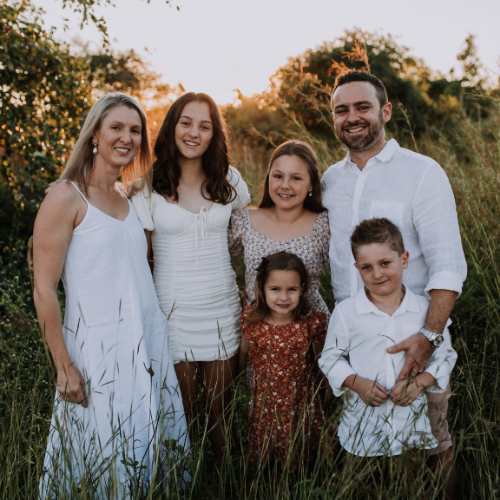A life saved by science
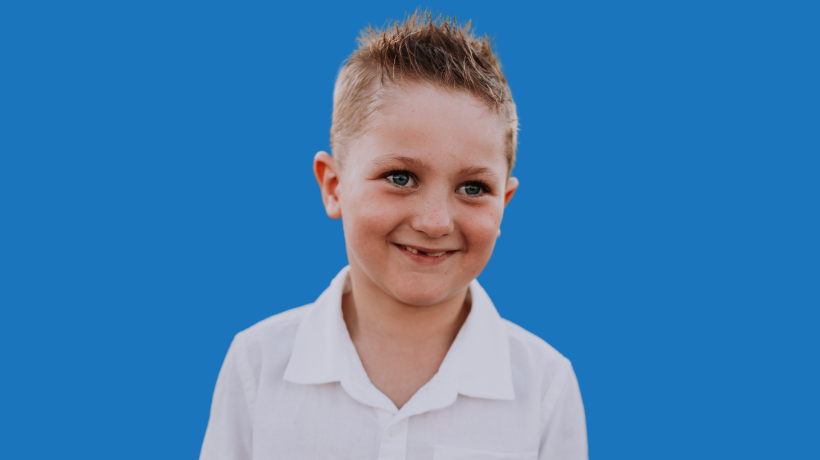
When their baby boy beat the odds thanks to a clinical trial of a new treatment, a medical mum and dad realised the true value of funded research.
Late last year, Orlando Morse celebrated his five-year post-treatment anniversary. When he was diagnosed with stage four, high-risk neuroblastoma at eight months of age, Orlando’s five-year survival rate was just 20 to 30 per cent. Now seven years old, he’s fighting fit and cancer free.
It’s all thanks to cutting-edge kids’ cancer science - the type of research programs Orlando’s parents, Levi and Tina, have been actively supporting by organising fundraising events and making significant personal donations.
Each time he’s due for tests and scans I feel the same anxiety I always did. We know things can change really quickly.
- Tina Morse
Levi, an orthopaedic surgeon, says that although his entire career has been shaped around medical science, research took on an entirely new meaning when things became so personal. He says:
I still remember reading journal articles about neuroblastoma after Orlando was diagnosed...That was possibly the worst thing to do – the survival rates were horrendous.
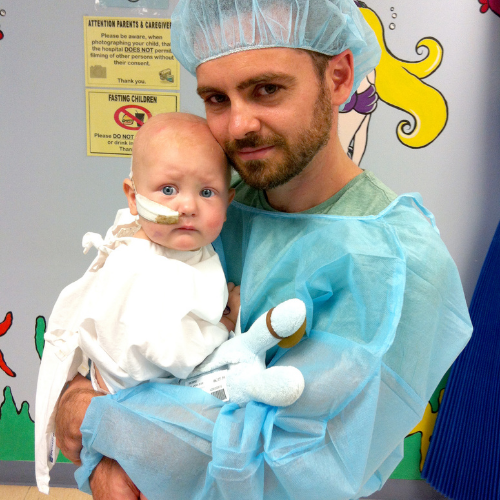
Science is the only way to beat kids’ cancer
Levi says:
The only thing you really care about is whether your child will survive and live a happy life,
The thing that could influence that is the ability to detect and treat these cancers appropriately, in a way that's not going to have significant, adverse side effects on the child.
Orlando’s treatment, a new therapy that helped him survive his terrible odds, came as a result of a clinical trial.
Tina says:
At the point when he was diagnosed, this treatment was on trial here in Australia...The nurses would regularly say to us, ‘You’re really lucky. Twelve months ago, we would have just sent you home.’
So science helped our child survive, but there is still a high mortality rate for his type of cancer even with that treatment, which is concerning.
What can be done by individuals and families to help improve outcomes for kids with neuroblastoma? Plenty, Tina and Levi say.
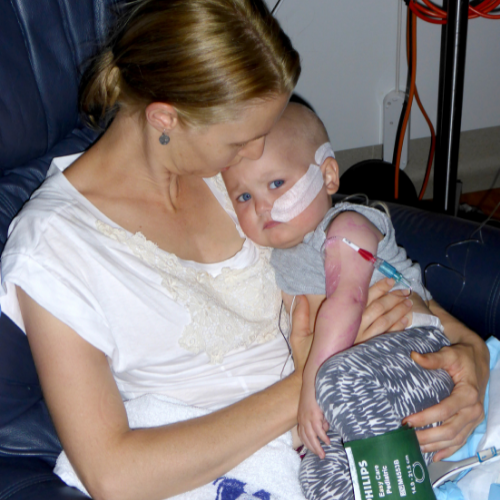
Anything that’s going to be a game changer in the future is going to come from cutting edge research.
- Dr Levi Morse
A lot of the immunotherapy and gene-directed therapy, etc. is going to be the way of the future. That’s what The Kids’ Cancer Project does well, and that’s why we support them.
We wanted to give to an organisation that is dedicated to improving outcomes. Plus, we were impressed with the lack of overheads and the way in which The Kids’ Cancer Project is very frugal with their spending, in terms of every possible dollar going to supporting research.
Funding: The difference between life and death
"Imagine being a parent," Tina says, "and being told there is simply no treatment for your child’s cancer. Or, if your child relapses, there is simply nothing left to try."
Science continues to offer new treatments, greater hope and constantly improved outcomes, both in terms of survival and quality of life. But that science needs funding.
Tina and Levi have dedicated much of their time, and their finances, to ensuring such projects are funded.
Past fundraising events have included a dinner ($38,000 raised) and bus tours, school discos, major personal donations and promotions via Levi’s surgery.
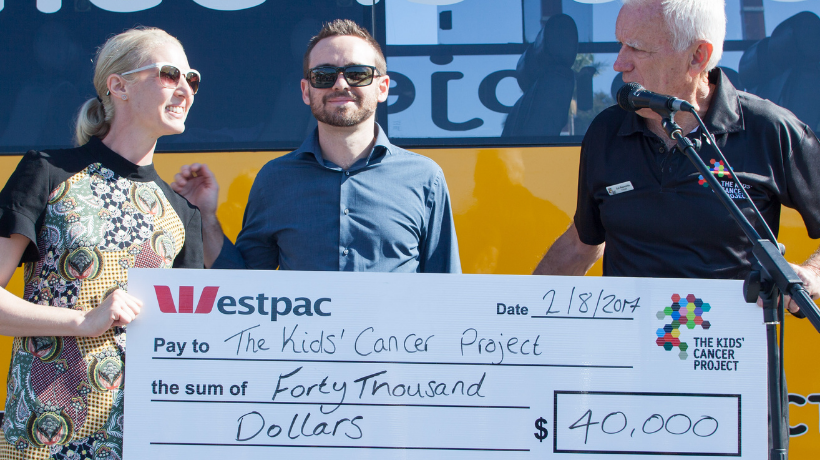
The last promotion in the surgery involved $200 from every surgery being donated, adding up to over $13,000, plus another $1200 donated by generous patients.
Levi says:
There’s no end date or reason to stop fundraising or giving money...However much or however little you might be able to give, it goes to something that is extremely important for somebody right now.
And it’s not just about kids with cancer. Levi and Tina’s daughters Spycer, Cleo and Willow would also benefit enormously if their brother’s treatment was improved. Levi says:
Thinking about that makes me feel a bit sad, because you realise what your other kids had to miss out on during the treatment period,
It makes them grow up a lot quicker than they probably should, but also makes them very compassionate. It really does impact the whole family.
